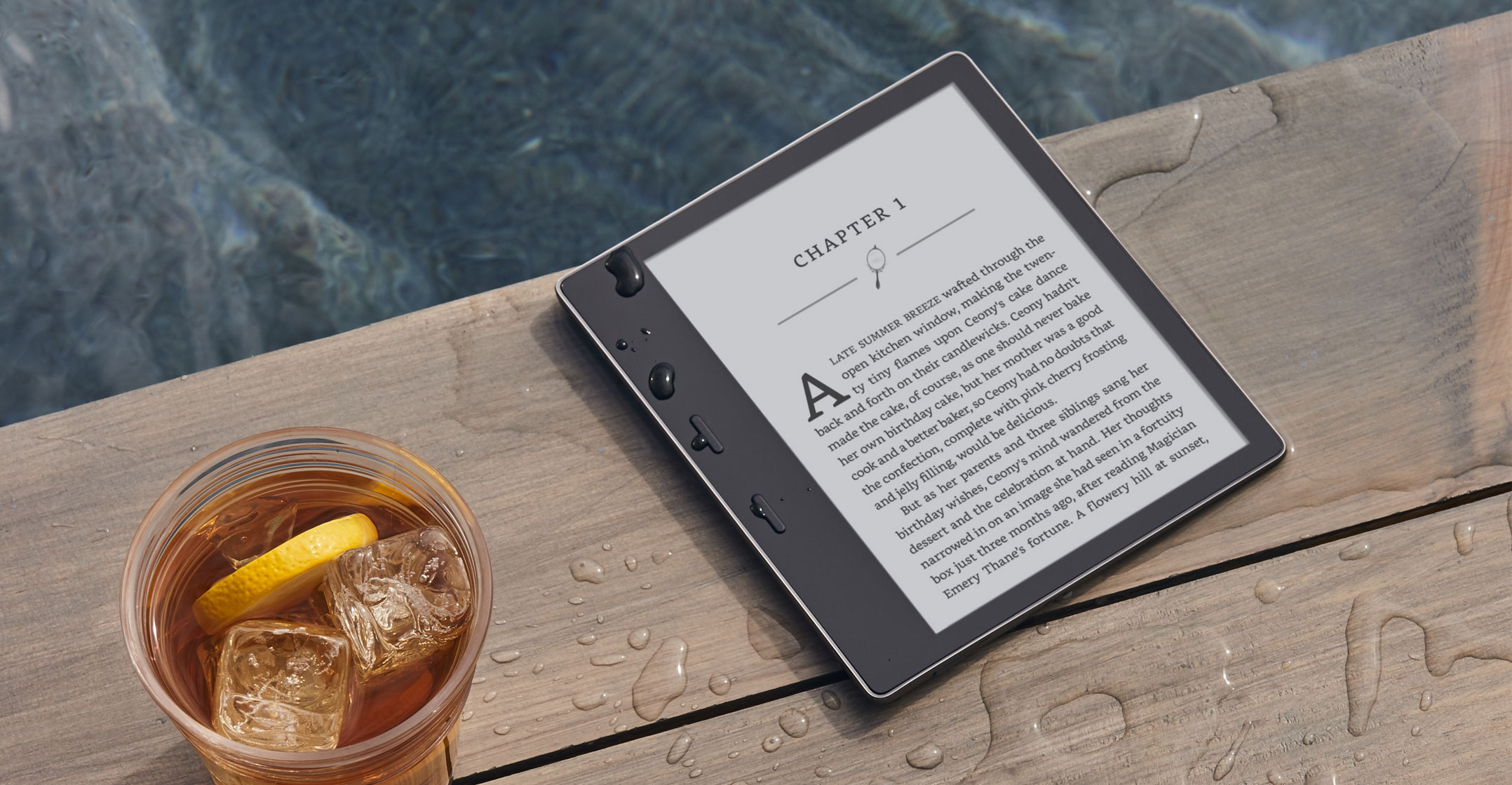 Microsoft has announced that it will close the books category of its digital store. While other software and apps will still be available via the virtual shop front, and on purchasers’ consoles and devices, the closure of the e-book store takes with it customers’ e-book libraries. Any digital books bought through the service — even those bought many years ago — will no longer be readable after July 2019. While the company has promised to provide a full refund for all e-book purchases, this decision raises important questions of ownership.
Microsoft has announced that it will close the books category of its digital store. While other software and apps will still be available via the virtual shop front, and on purchasers’ consoles and devices, the closure of the e-book store takes with it customers’ e-book libraries. Any digital books bought through the service — even those bought many years ago — will no longer be readable after July 2019. While the company has promised to provide a full refund for all e-book purchases, this decision raises important questions of ownership.
Digital products such as e-books and digital music are often seen to liberate consumers from the burdens of ownership. Some academics have heralded the “age of access”, where ownership is no longer important to consumers and will soon become irrelevant.
Recent years have seen the emergence of an array of access-based models in the digital realm. For Spotify and Netflix users, owning films and music has become unimportant as these subscription-based services provide greater convenience and increased choice. But while these platforms present themselves clearly as services, with the consumer under no illusion of ownership, for many digital goods this is not the case. So, to what extent do we own the digital possessions that we “buy”?
The popularity of access-based consumption has obscured the rise of a range of fragmented ownership configurations in the digital realm. These provide the customer with an illusion of ownership while restricting their ownership rights. Companies such as Microsoft and Apple present consumers with the option to “buy” digital products such as e-books. Consumers often make the understandable assumption that they will have full ownership rights over the products that they pay for, just as they have full ownership rights over the physical books that they buy from their local bookstore.
However, many of these products are subject to end-user licence agreements which set out a more complex distribution of ownership rights. These long legal agreements are rarely read by consumers when it comes to products and services online. And even if they do read them, they are unlikely to fully understand the terms.
Non-transferable licence
When purchasing e-books, the consumer often actually purchases a non-transferable licence to consume them in restricted ways. For instance, they may not be permitted to pass the e-book on to a friend once they have finished reading it, as they might do with a physical book. In addition, as we have seen in the case of Microsoft, the company retains the right to revoke access at a later date. These restrictions on consumer ownership are often encoded into digital goods themselves as automated forms of enforcement, meaning that access can be easily withdrawn or modified by the company.
This is not a one-off occurrence. There have been many similar instances that raise questions of ownership. Just last month, social media site MySpace admitted to losing all content uploaded before 2016. Blaming a faulty server migration, the loss includes many years’ worth of music, photos and videos created by consumers.
Last year, after customers complained of films disappearing from Apple iTunes, the company revealed that the only way to guarantee continued access was to download a local copy — which, some opined, goes against the convenience of streaming. Amazon hit the headlines way back in 2009 for remotely erasing “illegally uploaded” copies of George Orwell’s 1984 from consumers’ Kindle e-reading devices, much to consumers’ dismay and anger.
 My research has found that many consumers do not consider these possibilities, because they make sense of their digital possessions based on their previous experiences of possessing tangible, physical objects. If our local bookstore closed down, the owner wouldn’t knock on our door demanding to remove previously purchased books from our shelves. So, we do not anticipate this scenario in the context of our e-books. Yet the digital realm presents new threats to ownership that our physical possessions haven’t prepared us for.
My research has found that many consumers do not consider these possibilities, because they make sense of their digital possessions based on their previous experiences of possessing tangible, physical objects. If our local bookstore closed down, the owner wouldn’t knock on our door demanding to remove previously purchased books from our shelves. So, we do not anticipate this scenario in the context of our e-books. Yet the digital realm presents new threats to ownership that our physical possessions haven’t prepared us for.
Consumers need to become more sensitised to the restrictions on digital ownership. They must be made aware that the “full ownership” they have experienced over most of their physical possessions cannot be taken for granted when purchasing digital products. However, companies also have a responsibility to make these fragmented ownership forms more transparent.
Often there is a logical business reason for such restrictions. For instance, since digital objects are infinitely reproducible — they can be duplicated quickly and easily at negligible cost — restrictions on sharing are a means to protect the profits of both distribution companies (Microsoft or Apple, for example) and media producers (including the authors and publishers of an e-book). However, these restrictions must be stated clearly and in simple terms at the point of purchase, rather than hidden away in the complex legal jargon of end-user licence agreements, obscured by the familiar terminology of “buying”.![]()
- Written by Rebecca Mardon, lecturer in marketing, Cardiff University
- This article is republished from The Conversation under a Creative Commons licence

